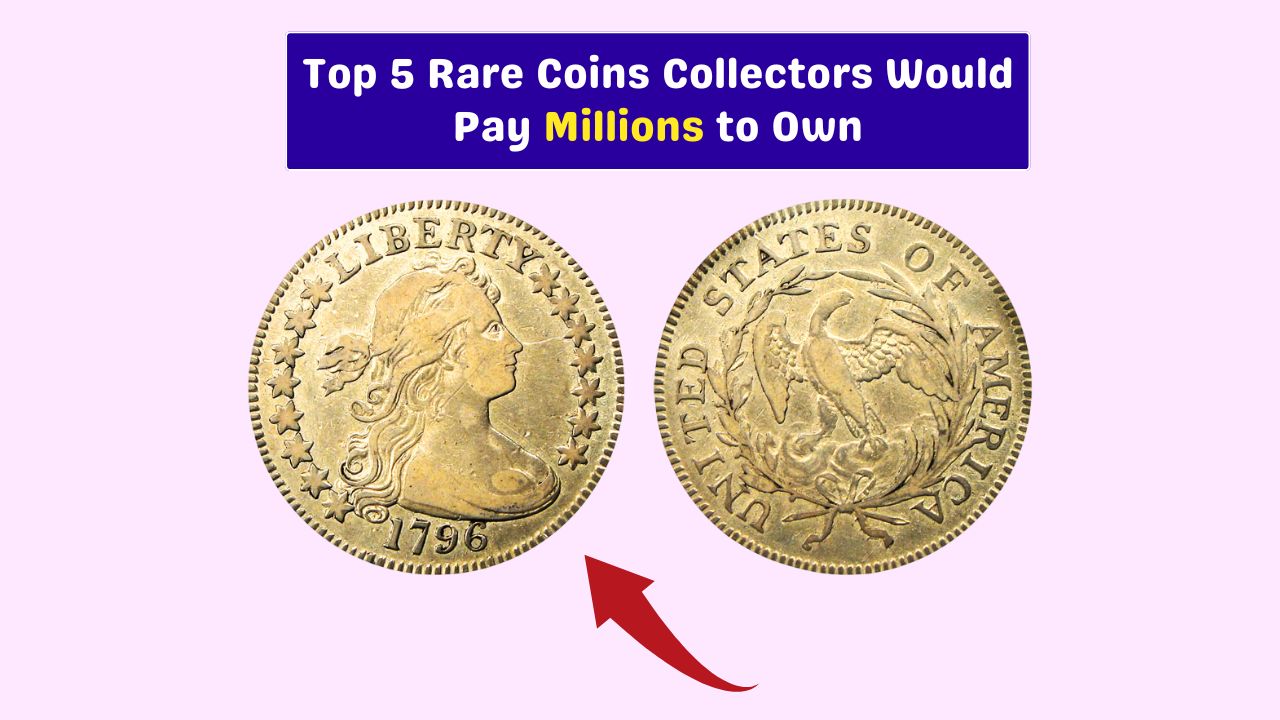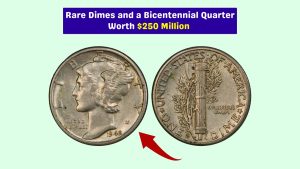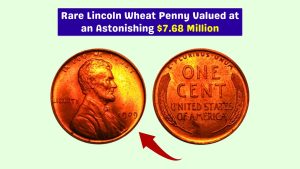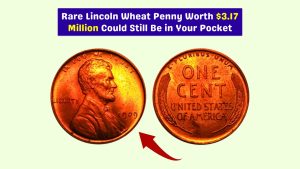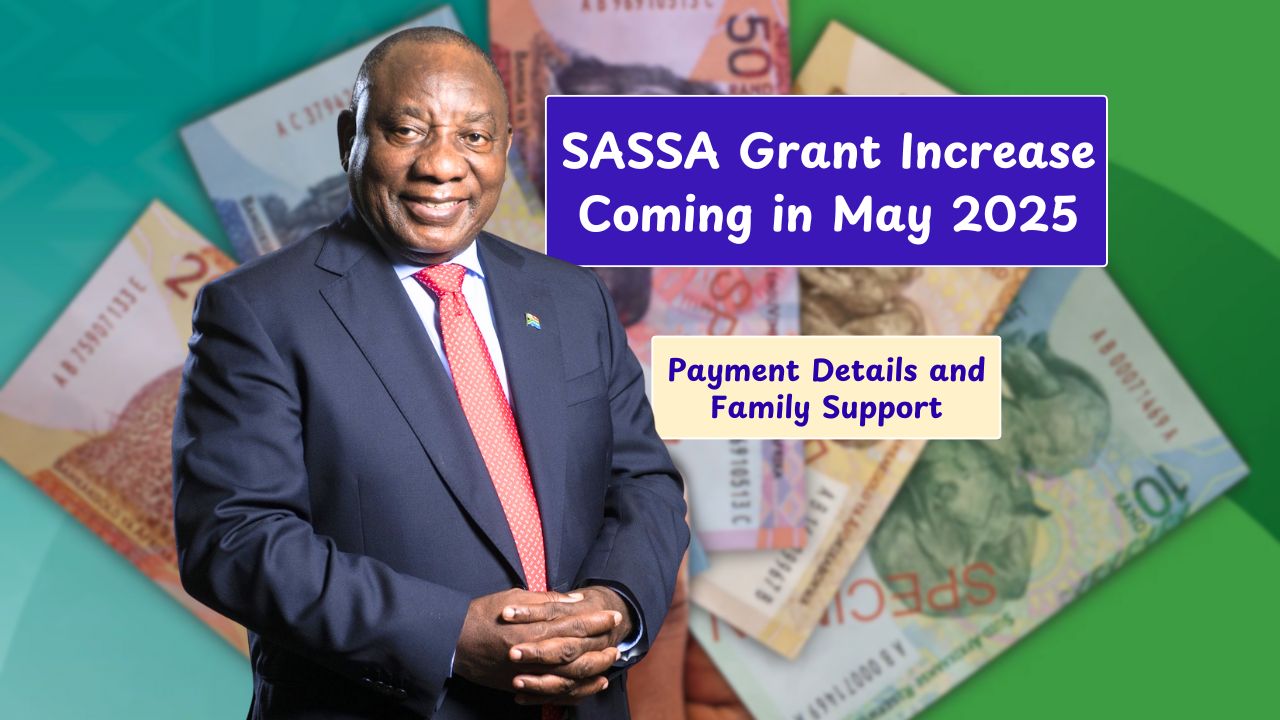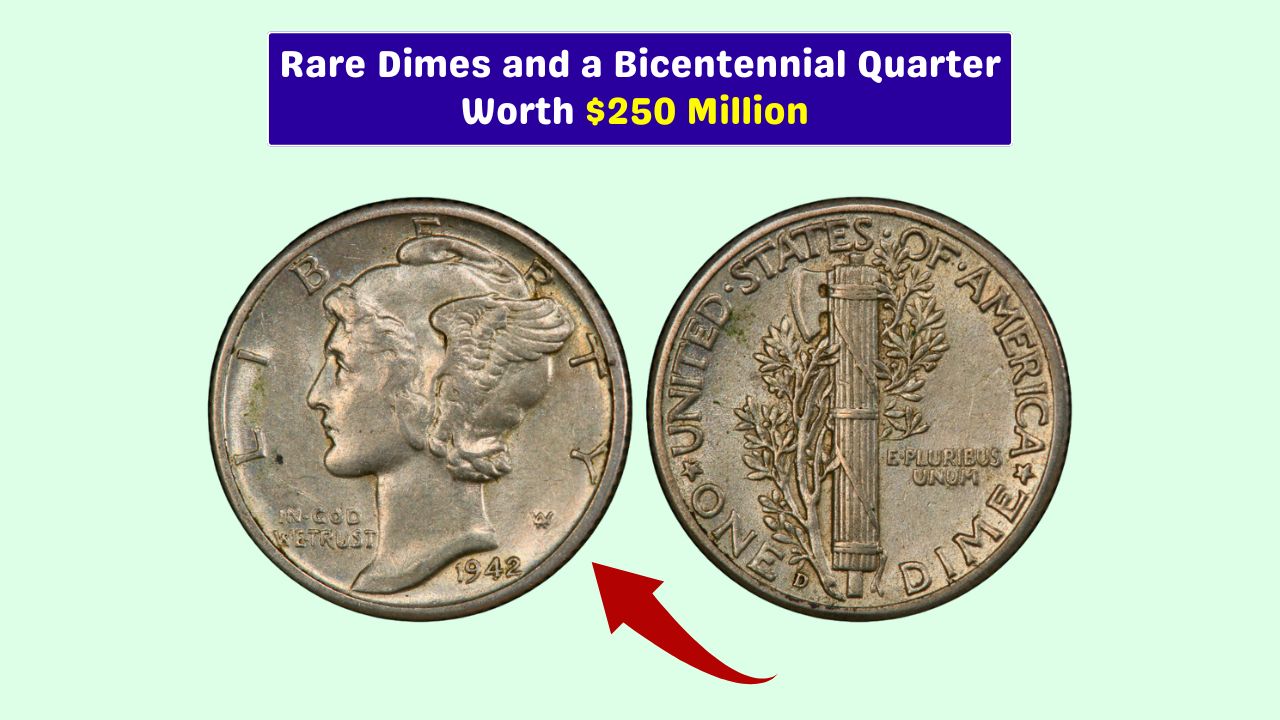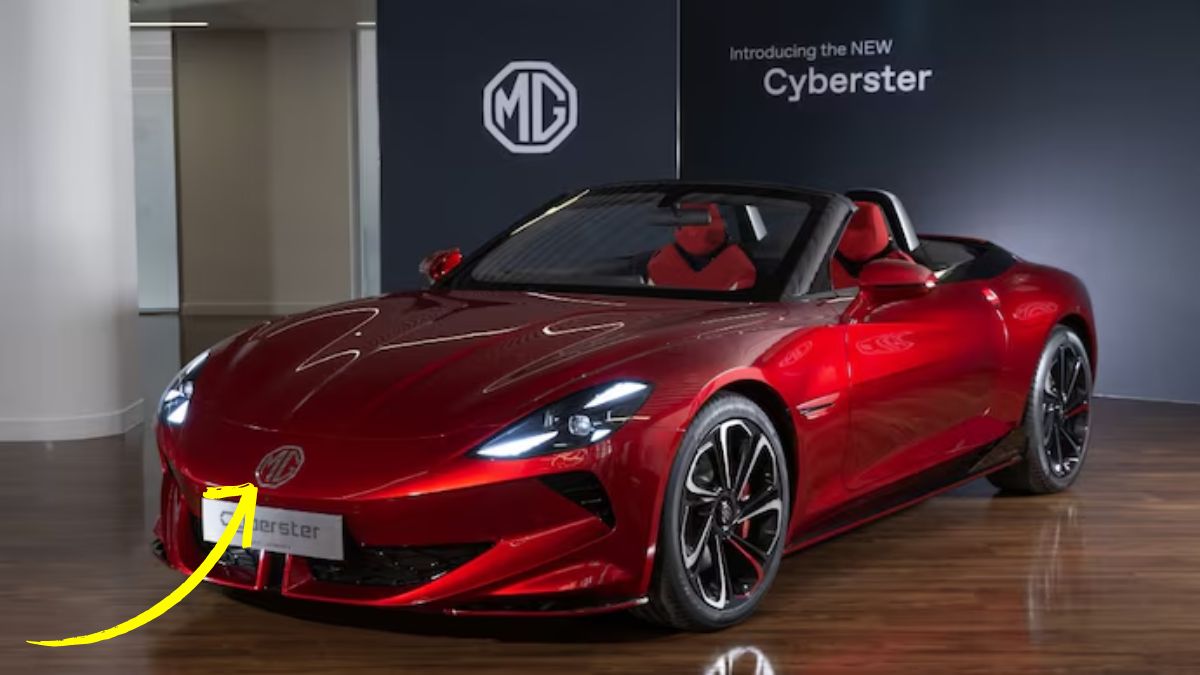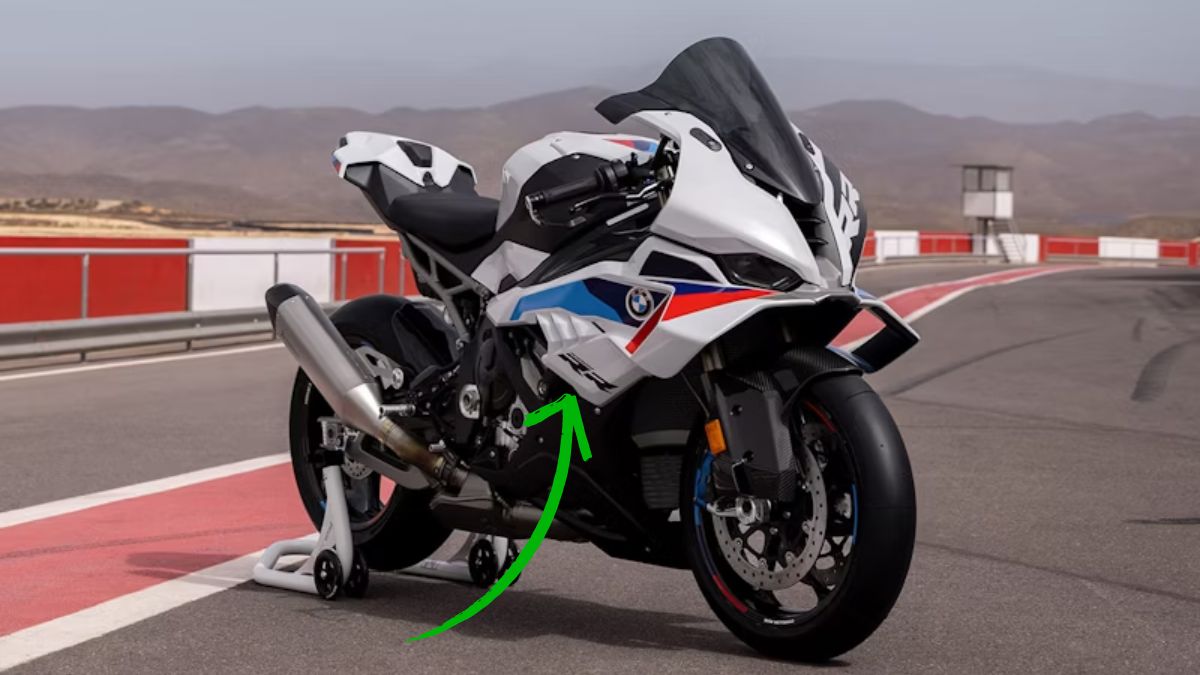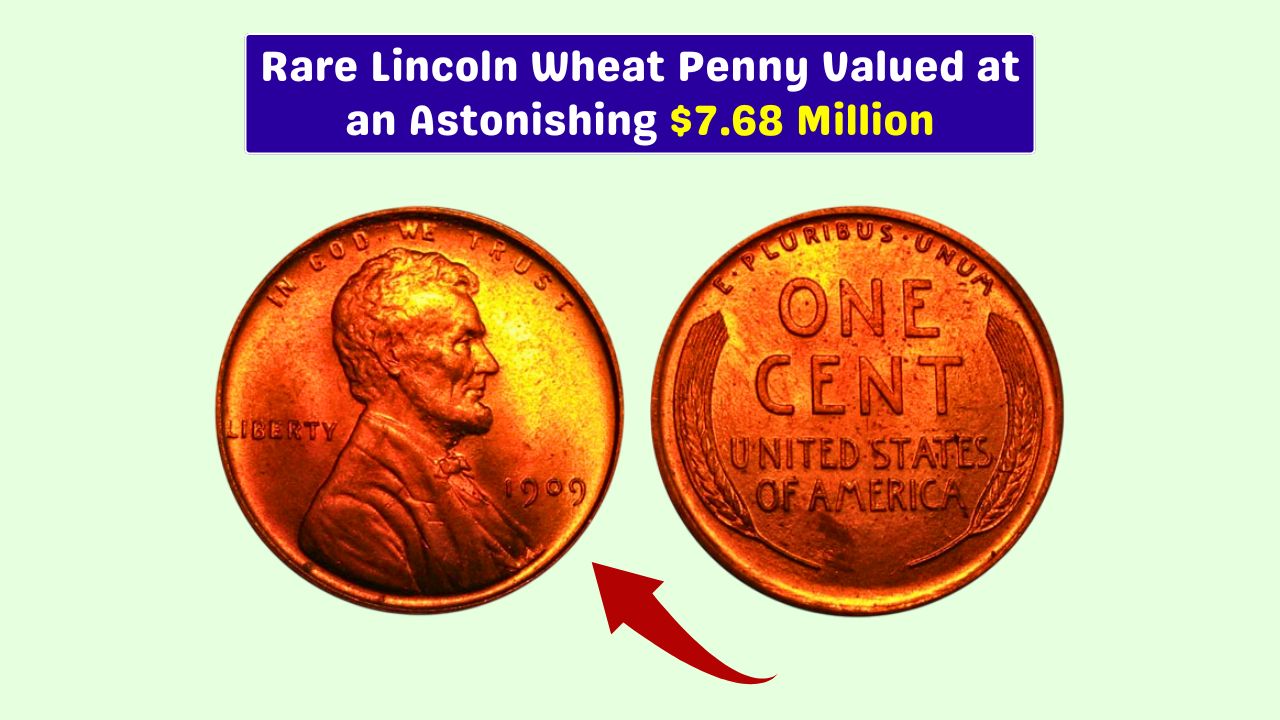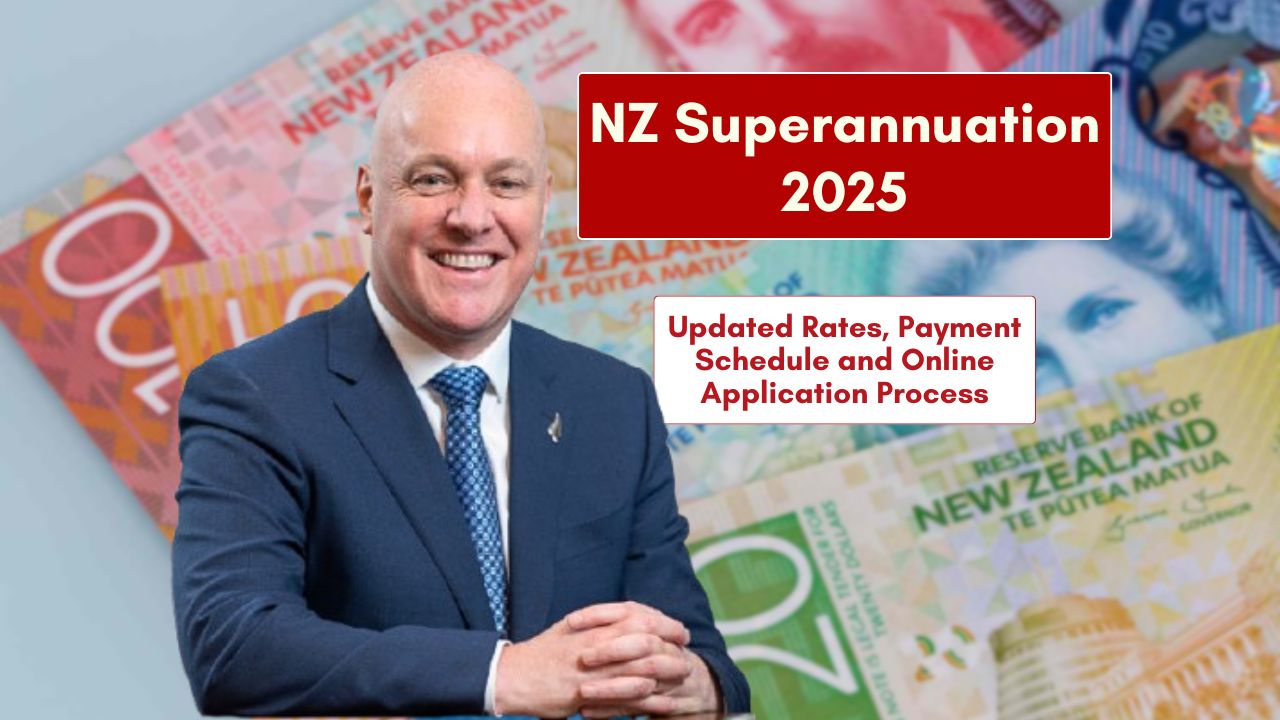Coin collecting is more than just a fun hobby—it’s a window into the past and sometimes, a ticket to unexpected fortune. Some coins aren’t just rare—they’re historic masterpieces valued at over $750,000, and in some cases, even tens of millions.
From iconic minting errors to early American rarities, these five quarters have stunned collectors and made headlines. Let’s uncover what makes them so valuable.
Table of Content
Bicentennial
Let’s start with the most talked-about quarter of all time—the 1976 Bicentennial Quarter. Released to mark 200 years of American independence, most of these quarters are common. But a few rare versions are worth a staggering 50 million dollars.
What makes them special? It’s all about rare errors and materials. Some were mistakenly struck on 90% silver planchets instead of the usual copper-nickel.
Others feature a double die obverse, meaning the front design was accidentally duplicated. Pair that with flawless condition, and you’ve got a coin that can break records at auction.
Washington
Next up is the 1932 Washington Quarter, introduced to honor George Washington’s 200th birthday. It was the first time his portrait appeared on U.S. currency—and it stuck. What really sets this coin apart are those minted in San Francisco, marked with an “S.”
The 1932-S quarter is rare and highly desirable, especially in top-grade condition. One of these can be worth over 1 million dollars, thanks to its blend of historical significance, design, and low mintage numbers.
Draped
The 1796 Draped Bust Quarter holds a special place in American coinage—it was one of the first quarters ever minted in the U.S. The front features Lady Liberty with flowing hair, and the back has a small eagle, making it a beautiful and iconic design.
But it’s not just about looks. With very limited production and few surviving specimens in collectible condition, this coin is worth over 2 million dollars. For numismatists, owning one is like holding a piece of American history.
Liberty
If you’re into Wild West history, the 1870-CC Liberty Seated Quarter is your coin. Minted in Carson City, Nevada, it’s a direct artifact of frontier America. Featuring Lady Liberty seated on a rock and a powerful eagle on the reverse, it’s rich with symbolism from the expansion era.
The real charm, though, is the “CC” mintmark, which collectors love. With its extreme scarcity and connection to American heritage, this quarter has been valued around 1.5 million dollars.
Capped
Last but definitely not least, we have the 1823/2 Capped Bust Quarter. Why the odd date? This coin features a classic overdate error—the 1823 date was struck over an earlier 1822 design. That mistake turned this coin into a collector’s dream.
Its vintage charm, historical intrigue, and super low mintage give it a value of 1.25 million dollars or more. If you ever come across one, congratulations—you’ve hit the numismatic jackpot.
| Coin Name | Year | Est. Value | Key Feature |
|---|---|---|---|
| Bicentennial Quarter | 1976 | $50 million | Silver planchet, double die error |
| Washington Quarter | 1932-S | $1 million+ | San Francisco mint, low mintage |
| Draped Bust Quarter | 1796 | $2 million+ | One of first U.S. quarters |
| Liberty Seated Quarter | 1870-CC | $1.5 million | Carson City mint, Western history |
| Capped Bust Quarter | 1823/2 | $1.25 million+ | Overdate error, rare design |
These rare quarters go beyond their face value—they’re tangible links to pivotal moments in U.S. history. Whether it’s celebrating independence, honoring founding fathers, or reflecting the spirit of the Wild West, each coin tells a unique story.
So, next time you’re going through your change, remember: a fortune might be hiding in plain sight.
FAQs
Why is the Bicentennial Quarter worth $50M?
Rare errors like silver strikes and perfect condition make it valuable.
What makes the 1932 Washington Quarter rare?
San Francisco-minted versions are scarce and highly prized.
How many 1796 Draped Bust Quarters exist?
Only a limited number were minted, making them extremely rare.
What does CC stand for on the 1870 quarter?
It stands for Carson City, Nevada—a rare mint location.
What is an overdate error in coins?
It’s when a date is stamped over an earlier one, creating rarity.
